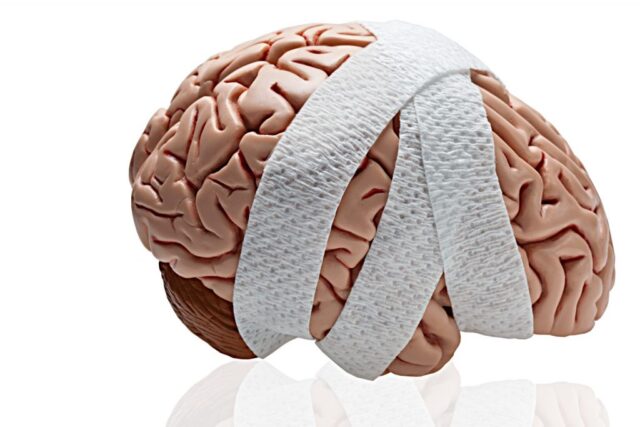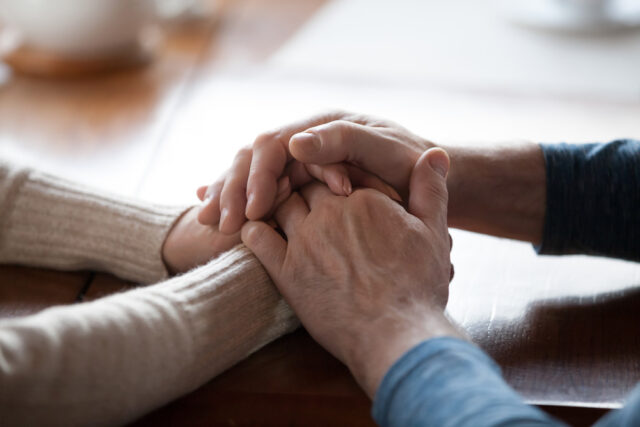
The road to recovery can be daunting when a person has suffered a traumatic brain injury. After the initial shock of such an injury, there is often fear and uncertainty about what lies ahead.
Fortunately, there are options for rehabilitation that can provide hope during this difficult time. This article will explore rehabilitation strategies for those with brain injuries and discuss the importance of hope in helping individuals recover from such an experience.
Impact of Brain Injury on Health
Brain injury is a devastating experience that can have long-lasting impacts on health and well-being. This experience often results in psychological, physical, emotional, and social difficulties that can be emotionally draining for victims and their families.
With modern medicine advances, however, various rehabilitation programs are now available to help those affected by brain injury move forward.
These rehabilitation programs consider the physical, mental and emotional aspects of recovery after a brain injury. Treatments range from cognitive behavioral therapy to physiotherapy interventions focusing on improving physical functioning, such as balance, coordination, and strength. The aim is always to improve the quality of life for the survivor by helping them make sense of their experiences and learn new skills.

There are financial considerations. How will the injured person’s finances be impacted? Is there someone at fault? Getting legal advice as early as possible is critical to the individual’s long-term well-being, and you can find more details here.
Rehabilitation Techniques
After an accident that causes brain injuries, the road to recovery is long and filled with setbacks. Yet, for those who suffer from a traumatic brain injury, hope is not lost. Rehabilitation techniques provide the opportunity to regain normalcy after a life-altering event.
As medical technology progresses, doctors can diagnose and treat traumatic brain injuries more effectively than before. With this increased understanding of how the brain works come various rehabilitation techniques designed to help patients regain the skills that they’ve lost due to their injury.
From physical therapy exercises that help improve movement and coordination to speech therapy that focuses on language comprehension and expression, several options are available for individuals looking to recover from this type of injury.
Benefits of Physical Therapy
Physical therapy plays an integral role in helping individuals recover from a brain injury, with many recent studies showing that it improves function and mobility. Physical therapists specialize in assessing movement impairments, while providing personalized treatments that target specific areas of need.

Through custom exercises and activities tailored to each person’s needs, physical therapists can help patients regain strength and control over their movements, while reducing pain levels. Additionally, environmental or equipment modifications may be necessary for those with severe limitations or impaired balance.
Benefits of Speech Therapy
Speech therapy is one of the most important forms of therapy for people recovering from a brain injury. Speech therapy can help those who have suffered from a brain injury regain their ability to communicate.
Speech therapists work with patients to improve language skills, such as reading, writing, forming sentences, recognizing words, understanding verbal directions, and developing problem-solving skills. Speech therapists also evaluate vocal tone and breathing techniques to help improve fluency when speaking.
Complementary Therapy for Those with Brain Injuries
Recent breakthroughs in neuroscience have paved the way for innovative approaches to brain injury treatment. Complementary therapies offer an additional layer of support that many individuals find crucial to their success in recovering from brain trauma.
Complementary therapies combine traditional medical treatments with alternative methods, such as acupuncture, massage, yoga, and mindfulness meditation for those suffering from brain injuries.

These therapeutic techniques provide a holistic approach to restoring physical and emotional well-being after a traumatic event. Additionally, they help build resilience and foster positive mental health habits that increase hope during times of distress or confusion.
Access to Resources
As the number of brain injury survivors continues to grow, access to resources and programs for those in need of rehabilitation is becoming increasingly important. While many of these individuals face a long road ahead, hope and possibility can be fostered through access to the right resources.
Brain injury rehabilitation programs provide specialized care tailored to each survivor’s individual needs. Accessing these services has been found to offer a range of emotional and physical benefits, including improved cognitive functioning, reduced anxiety levels, increased mobility, and enhanced communication skills.
Additionally, access to rehabilitative resources can lead to overall improved quality of life for brain injury survivors and their families.
Psychological Support
While the physical healing process can take weeks, months, or even years, there is also an emotional aspect to consider in rehabilitation. Psychological support is essential in aiding individuals with brain injuries and their loved ones as they navigate the challenging journey ahead.

Brain injury rehabilitation often begins with medical treatment to address the physical effects of an injury, such as bleeding, swelling, and inflammation. However, psychological support goes beyond this initial stage to provide comprehensive care for those affected by brain injuries.
This includes assessments of cognitive skills (memory, attention span) and emotional well-being (anxiety levels) that may have been impacted by trauma. Professional mental health practitioners can also provide counseling services, so individuals can learn coping strategies for managing difficult emotions related to their experiences.
Outcomes of Recovery
Through a dedicated rehabilitation process, it’s possible to recover from these types of injuries and work towards living a normal life.
Brain injury rehabilitation is an intensive process that often involves multiple professionals working together to help the patient reach their fullest potential regarding mental health, physical health, and overall well-being. Social workers are a vital part of the rehabilitation process.
They provide support to patients and their families, as well as help coordinate care. They also need to help patients with discharge planning once they are out of the hospital. Social workers are a vital element in the long-term care and rehabilitation of people that have sustained serious brain injuries.
The recovery journey after a brain injury is often long, difficult, and uncertain. It requires a great deal of determination and support from the patient, their family, friends, and the medical team.
With dedication and patience, progress can be made on this road to rehabilitation. It’s important to remember that, although recovery can be slow, there is always hope for those affected by brain injuries.
